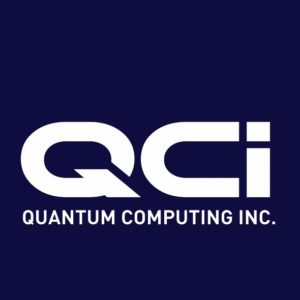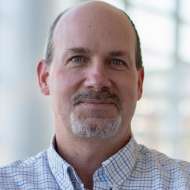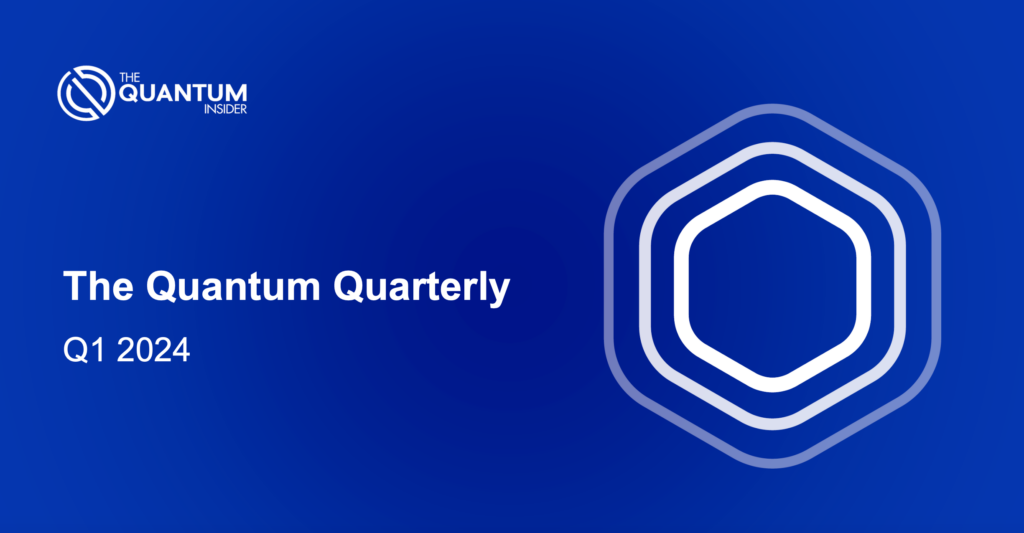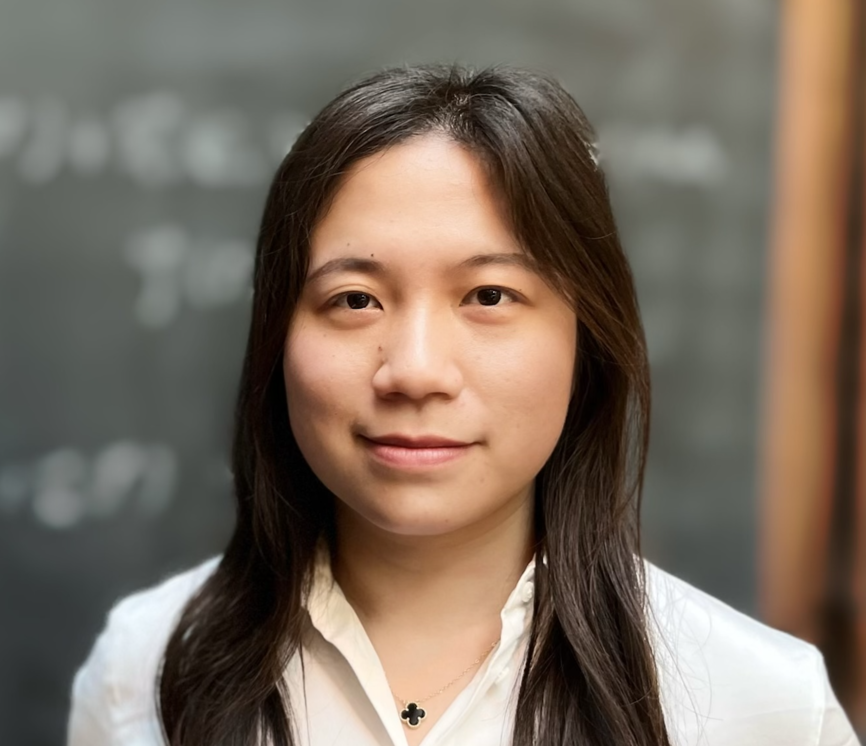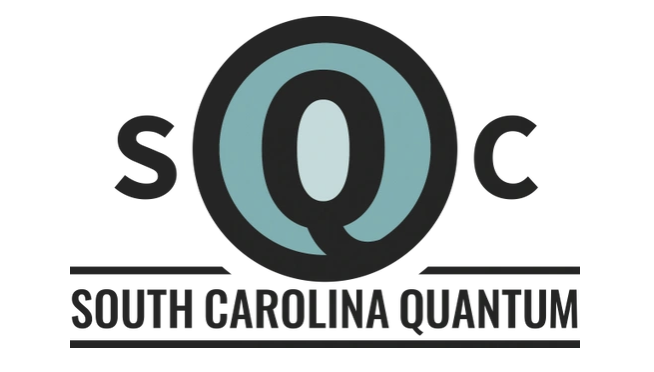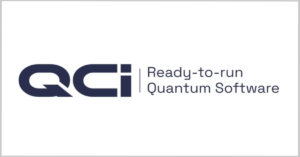
Quantum Computing Inc. (QCI) (OTCQB: QUBT), a leader in bridging the power of classical and quantum computing, announced a three-year cooperative research and development agreement (CRADA) with Los Alamos National Laboratory (Los Alamos), a U.S. Department of Energy (DOE) multidisciplinary research institution and renowned computing pioneer. QCI will collaborate with Los Alamos scientists through its administrator, Triad National Security, LLC, on a key component of large-scale simulations that are critical for a range of high-value, real-world applications, including national security.
The cooperation is focused on deriving specifications for solving next-generation graph partitioning problems and evaluating current and future graph-partitioning algorithms implemented in QCI’s Qatalyst™ quantum software, enabling more efficient petascale (1015 floating point operations per second or petaFLOPS) and, eventually exascale (1018 FLOPS), simulations.
These kinds of simulations are decomposed to run on a computational grid employing millions of processors in configurations where avoidance of unnecessary communication of data is essential to achieving high sustained performance. QCI’s technology focuses on the decomposition and partitioning of graphs that represent the supercomputing grid, preventing computational load imbalances, while assuring the desired performance and results.

QCI’s Qatalyst quantum software will be used to process Los Alamos’ computational meshes via a focus on hybrid classical/quantum algorithms. Achieving petascale and especially exascale simulations requires larger meshes that can benefit from QCI’s recently announced QGraph™ graph-analytic capabilities. The collaboration will exercise quantum processor units (QPUs) in concert with classical processors to partition large graphs more optimally, after automatically converting graph partitioning problems to the more general constrained-optimization form. The hybrid work will initially be done with D-Wave annealing-based QPUs, and eventually include gate-model QPUs via algorithms such as the Quantum Approximate Optimization Algorithm (QAOA).
“It is a privilege and great opportunity to work with an esteemed institution and computing trailblazer such as Los Alamos,” said Robert Liscouski, CEO of QCI. “We are honored to be a trusted advisor and partner in solving problems that are of such critical importance.”
QCI’s Qatalyst software is quantum-enabled and runs seamlessly across both classical and quantum computers. It eliminates the need for complex quantum programming, empowering subject matter experts (SMEs) to solve problems by leveraging the power of quantum-ready computational software on classical processors.
“Los Alamos National Laboratory is committed to supporting R&D at the frontier of quantum information sciences to enable responsive solutions for emerging national security needs,” said Irene Qualters, Associate Laboratory Director for Simulation and Computation and leader of Los Alamos’ quantum computing research and development. “There are many interesting problems that require a quantum-classical approach. QCI’s Qatalyst cloud software application provides the classical side to allow us to run larger problems and orchestrate the use of quantum devices in the process, extending the use of quantum computing to solving larger optimization problems.”
To learn more about QCI, visit www.quantumcomputinginc.com.
Source: Quantum Computing Inc.
Quantum Computing Inc. (QCI) (OTCQB: QUBT) is focused on accelerating the value of quantum computing for real-world business solutions. The company’s flagship product, Qatalyst, is the first software to bridge the power of classical and quantum computing, hiding complexity and empowering SMEs to solve complex computational problems today. QCI’s expert team in finance, computing, security, mathematics and physics has over a century of experience with complex technologies; from leading edge supercomputing innovations, to massively parallel programming, to the security that protects nations. Connect with QCI on LinkedIn and @QciQuantum on Twitter. For more information about QCI, visit www.quantumcomputinginc.com.
If you found this article to be informative, you can explore more current quantum news here, exclusives, interviews, and podcasts.


